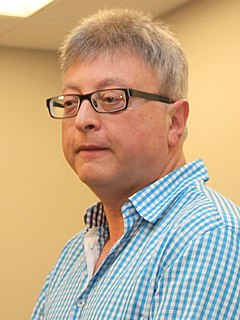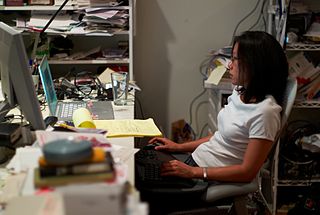A Quote by Alastair Cook
You need to come to terms with the fact that you are not an international cricketer anymore and that's certainly difficult to come to terms with. But then I love going to my farm and spending time with my family. Drop and pick up my kids from school and play cricket as well.
Related Quotes
France has not been able to come to terms with the fact that it's not a major power anymore. I mean even before the Second World War Paris was one of the main centers of intellectual and cultural life. But now Paris is a kind of subsidiary of Germany, their traditional enemy and they can't come to terms with it.
When I took up cricket seriously, I wanted to play for India. When my dream was achieved, I thought what next? Then a fellow cricketer told me, 'Playing for India is easy; playing for 10-15 years is difficult.' Then I changed my dream to play 100 Test matches. I achieved that as well. Now there is nothing to achieve, so I am just enjoying things.
I'd say, [writing memoir] not so much a model, but maybe to provide an insight, here or there, to help somebody come to terms with the dark corners of their own soul, to come to terms with the undecided, their own sense of self, and maybe help develop a capacity to love - to love wisdom, love justice.
Maybe that's the foundation of my book: how do we come to terms with the death of someone we love when it is impossible to come to terms with such a profound loss? The path I found where I could even ask that question, or maybe advance it beyond what I'd attempted in A Year and a Day, was by straddling the line: this is fiction and memoir, it is true and it isn't.
What occurred to me on [‘The Curious Case of Benjamin Button’], and also with the passing of her mother, is that there's going to come a time when I'm not going to get to be with this person anymore. I'm not going to get to be with my children anymore. Or friends, people I love and respect. And so, if we have a flare-up, it evaporates now. I don't want to waste time being angry at someone I love.





































